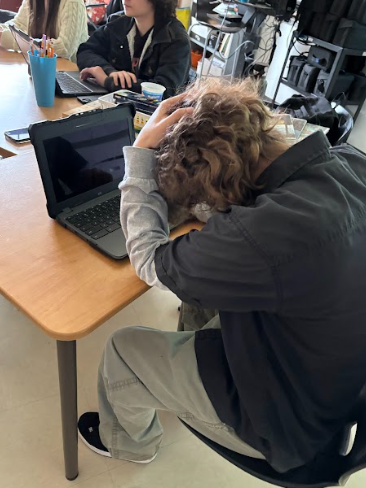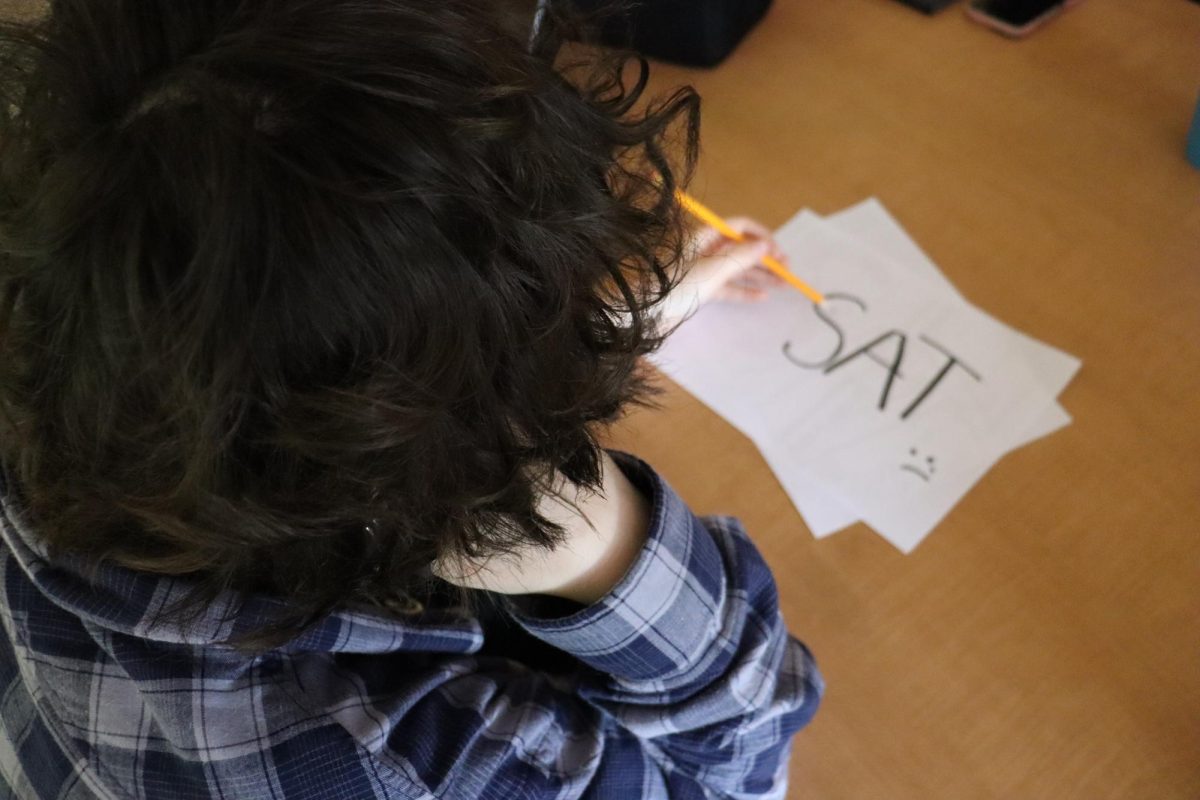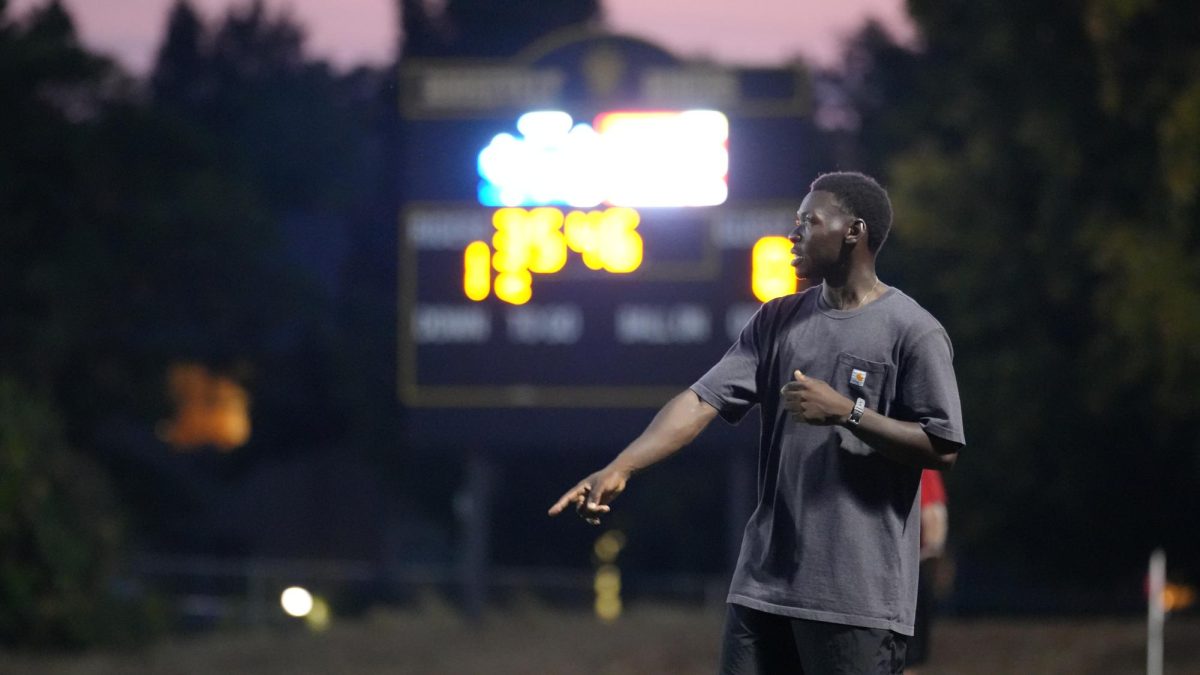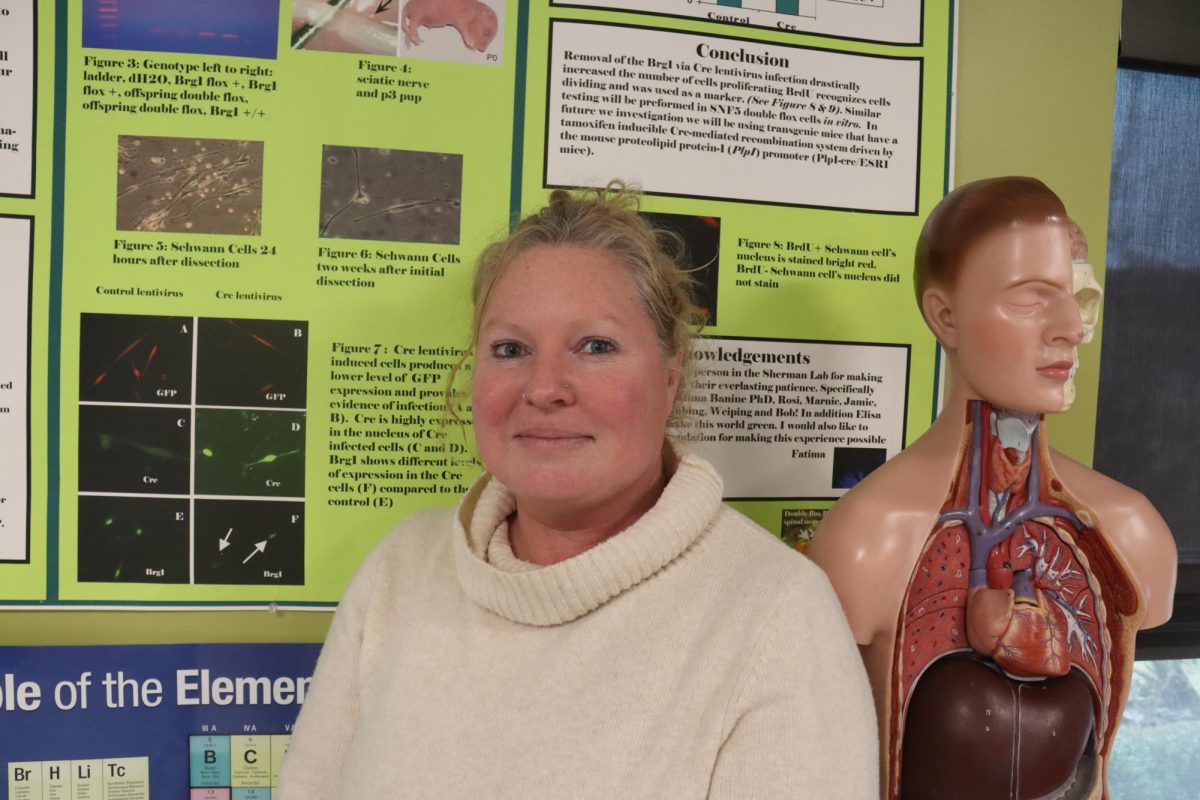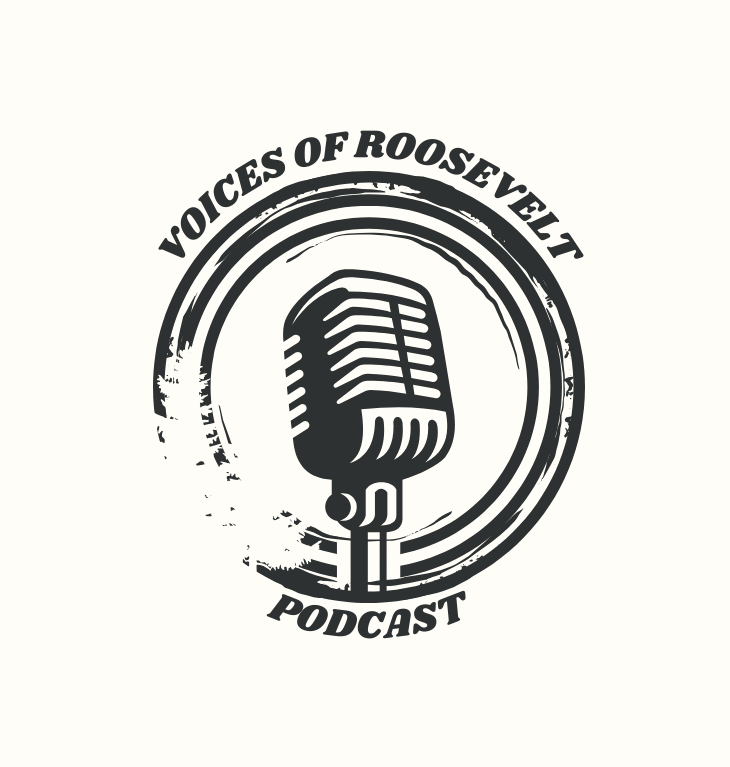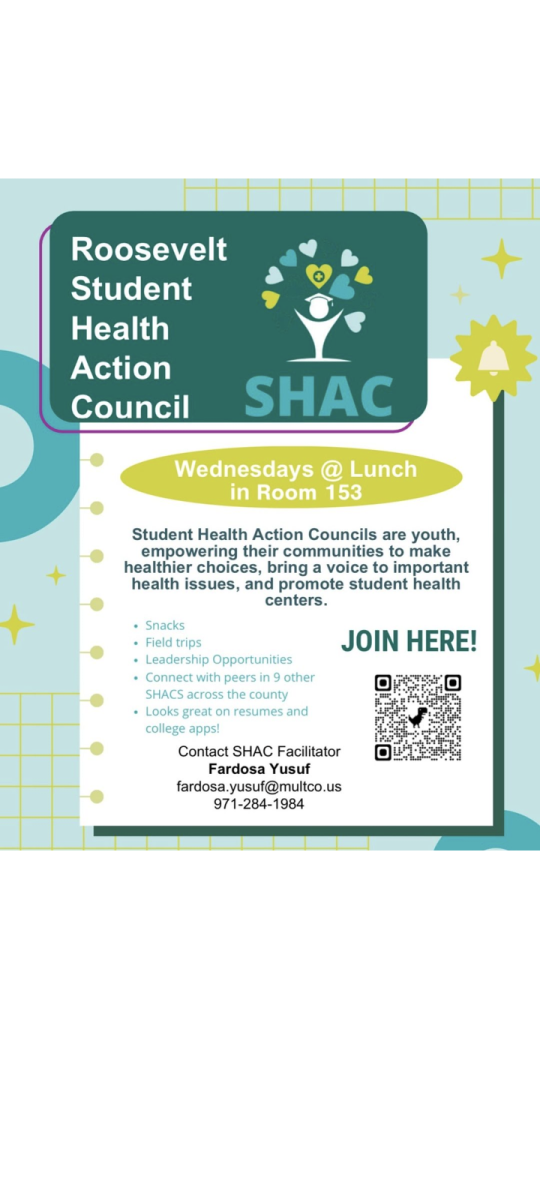October – How can I identify verbal and physical abuse in my relationship, and what’s the next step I can take without talking to an adult?
Hi Riders and welcome back to another year of Ask a Therapist! In this column, we answer your questions that are related to mental health, relationships, and whatever else you need addressed. This month we are lucky to have a response from two amazing folks who work in the same space as me, room 113 across from the health center. Katie and Myles are our two confidential advocates from Raphael House. They are NOT mandatory reporters so everything you talk about with them stays with them. Read their response to the question below:
Physical and verbal abuse are patterns of behavior that are centered around power and control. Physical and verbal abuse are used to gain or maintain power and control over someone in a relationship. Usually the behaviors start off subtly but grow over time through a process of normalization. One of the myths surrounding abusive relationships is that it’s easy to identify and get out of an abusive relationship. This is not true. Being in an abusive relationship is disorienting. Leaving an abusive relationship is dangerous for the survivor. With that in mind here are some questions that can help someone who may be experiencing abuse in their relationship:
- Are you able to say no to sex without being punished or made to feel guilty?
- Are you able to share your thoughts, feelings, or opinions without being teased, shut down, or insulted?
- Are you able to spend time with your other friends and families as much as you want? Or does your partner insist that you spend all your free time with them?
- Do you feel like you could end the relationship whenever you wanted to and still feel safe?
When someone you know discloses that they are experiencing abuse you may feel overwhelmed or maybe your mind races trying to think of ways to help them. The first thing you can do is take a deep breath, slow down, and listen. Let them know they are not alone and try to speak to common fears survivors have. For example: “I believe you.” or “It’s not your fault.”.
Working with the survivor, explore how you can support them. Let the survivor lead you in the direction that works best for them.
And finally, if you or any student you know is experiencing abuse but feel like you can’t tell a parent or teacher out of fear of a mandatory report, feel free to reach out Roosevelt’s two confidential advocates:
Myles Worthy 971-266-9030 [email protected]
Katie Mahaffie 971-808-8225 [email protected]
Our services are confidential which means whatever is said between us stays with us.




